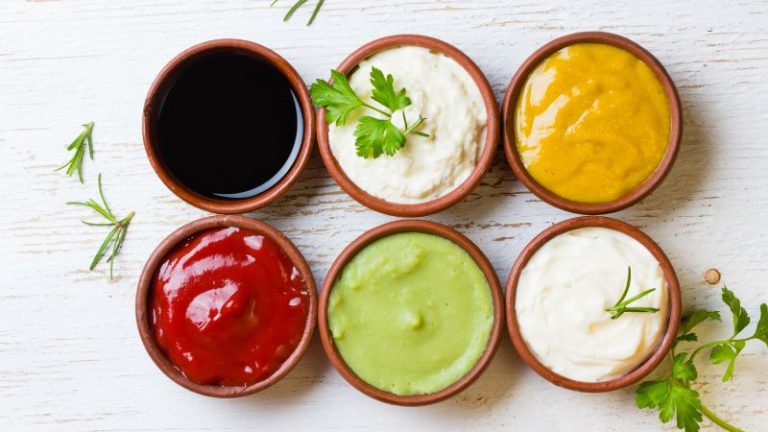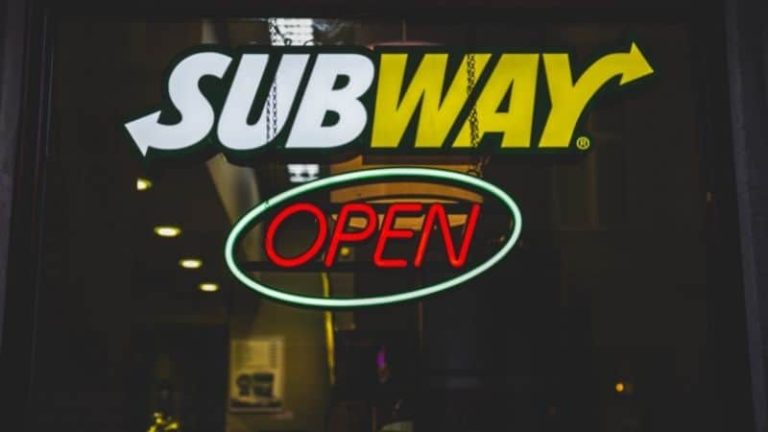Most people, even vegetarians and vegans, agree that beef is delicious. However, aside from nurturing intelligent life, cow farming has a massive negative impact on the environment. This is why many people try to stop eating beef. They thus help to reduce the demand for industrial cow farming, which reduces its negative impact on Mother Nature.
Imagine, even companies whose main product is beef recognize this fact. This is the case of Burger King, which decided to support a study aimed at reducing gas emissions from cows. In this context, Whoppers made from beef with “reduced methane emissions” have also been proposed.
Methane emissions from cows
To better understand why it is so important for Burger King to offer beef from sources with reduced methane emissions, we first need to take a closer look at the process of producing the gas.
To put it simply, beef production has an incredibly high carbon footprint because of the cows. These animals produce a large amount of methane throughout their lives due to the configuration of their digestive systems.
If you don’t already know: Cows have four stomachs. This allows them to extract energy from the grass fibers. One of these stomachs, called the rumen, uses fermentation to digest food.
The byproducts of this process are then consumed by a group of bacteria called methanogens. These produce methane, a harmful greenhouse gas that contributes to global warming. Cows release methane through their burps and farts, but especially through the latter.
Thus, the more cows we raise for later consumption, the more methane we produce overall. In fact, the Environmental Protection Agency notes that in 2018 alone, livestock contributed 3.9% of global greenhouse gas emissions in the United States. It is believed that by reducing the demand for beef, we can reduce livestock farming and therefore methane production.
The new cow’s diet
But, of course, the decline in beef consumption will be bad for the companies that depend on its sales. That may be one reason why Burger King sponsored a study to find another way to reduce methane emissions from cows.
With the help of a group of researchers from the Autonomous University of the State of Mexico, they tested the idea of adding certain ingredients to cows’ feed. They tested three different additives with a control group and found that adding lemongrass to cows’ feed could reduce methane emissions by up to 33% – a shocking amount.
This idea was born from another research which discovered the possibility of inhibiting the process of methane formation in the cow’s stomach thanks to certain plant substances. The idea was to change microbial populations so that more energy could be converted rather than lost as methane.
Further research is needed
Although this study seems very promising, it is not definitive. Many gaps need to be filled and studied before the results can be considered scientific facts. However, this is a very good start and hopefully Burger King will continue to explore the possibility of reducing cow gas emissions.
Visit Les Gourmandises for more information.







